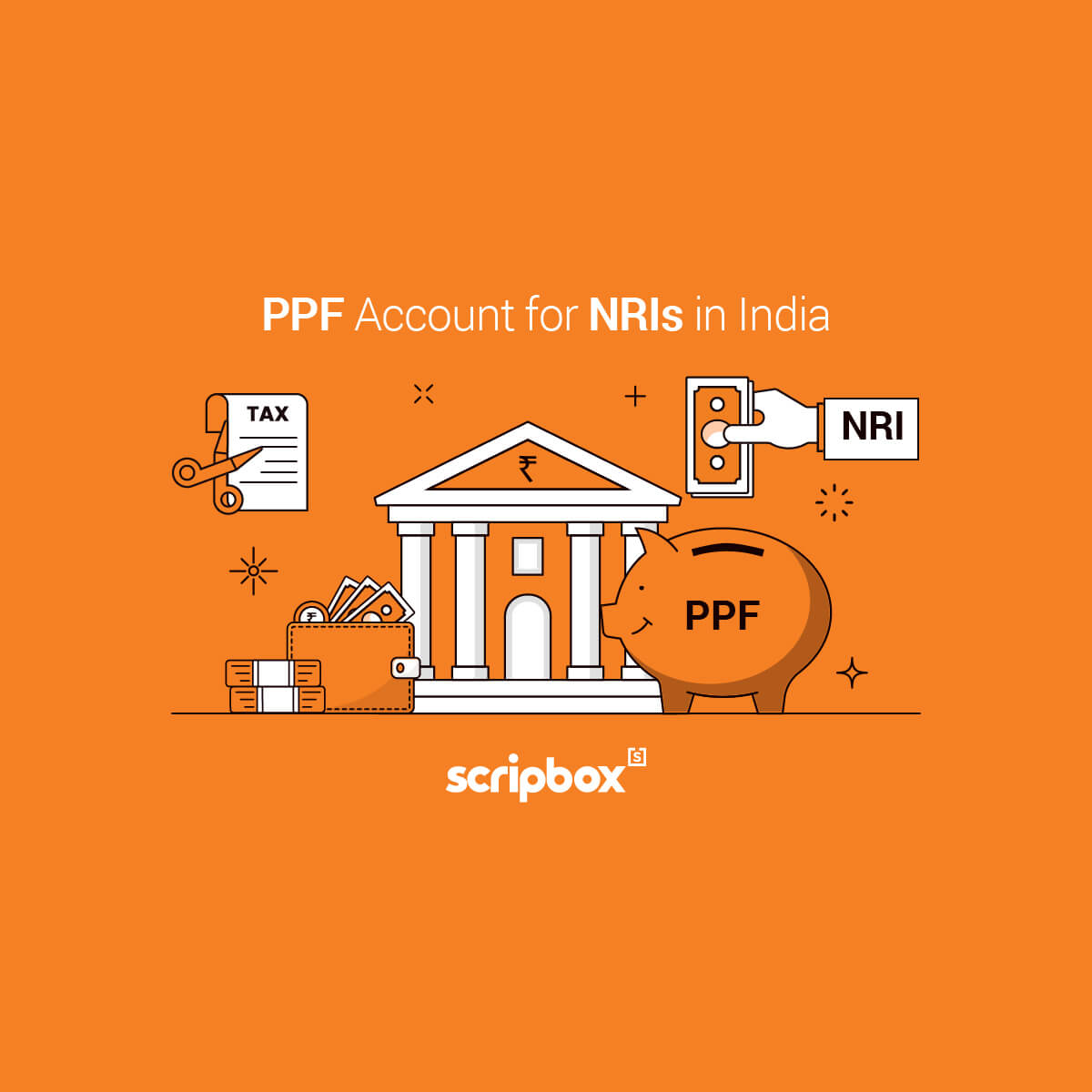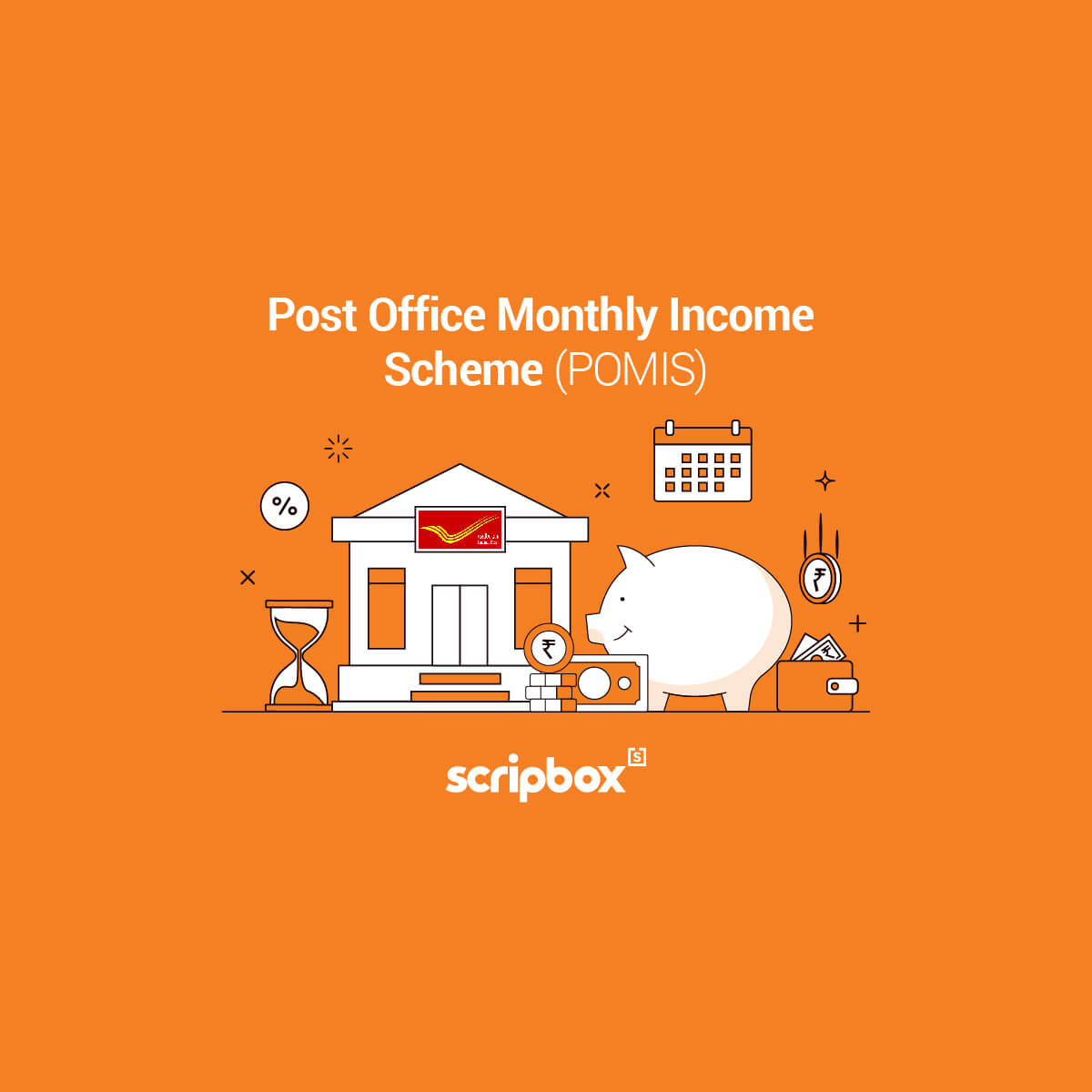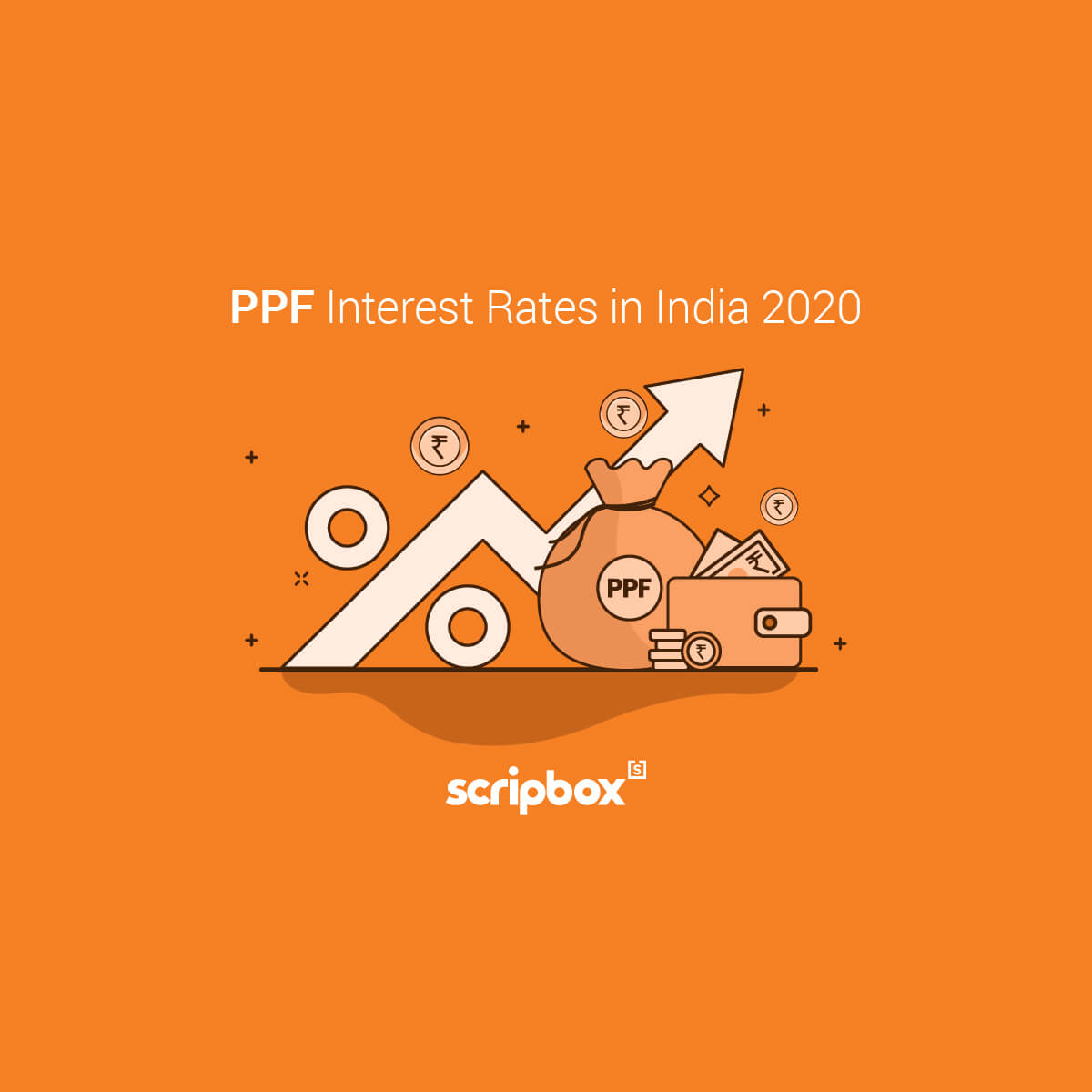Employee Provident Fund (EPF) is a savings scheme for retirement regulated by the Employees Provident Fund Organisation (EPFO). Under this scheme, the employer and employee contribute monthly in equal proportions of 12% of basic salary and dearness allowance. The money contributed earns an interest rate which is announced by the government every year.
EPF Interest Rate 2025
The Employee Provident Fund Organization (EPFO), after consultation with the Ministry of Finance, reviews the EPF interest rates annually. The EPF interest rate of a financial year is set at the end of a financial year. In other words, the new interest rate announced will be valid from 1st April of one year to the year ending on 31st March of next year. The current EPF interest rate for July 2025 is 8.25% p.a.. Moreover, the interest is calculated monthly but transferred to the Employee Provident Fund account only on 31st March of the applicable financial year.
PF Interest Rates Year Wise
| Financial Year | EPF Interest Rate |
| FY 2023-2024 | 8.25% p.a. |
| FY 2022 – 2023 | 8.15% |
| FY 2021-2022 | 8.10% |
| FY 2020-2021 | 8.50% |
| FY 2019-2020 | 8.50% |
| FY 2018-2019 | 8.65% |
| FY 2017-2018 | 8.55% |
| FY 2016-2017 | 8.65% |
| FY 2015-2016 | 8.80% |
| FY 2014-2015 | 8.80% |
| FY 2013-2014 | 8.80% |
| FY 2012-2013 | 8.50% |
EPF Contribution Rate FY 2022-23
The contributions made by employer and employee towards the EPF account is the same. The following table shows the monthly contribution percentage –
| Contributer | Monthly Percentage |
| Employer | 12% |
| Employee | 12% or 10% |
| Total contribution in EPF account | 24% |
Contributions Made by Employee and Employer
Employee Contribution to EPF
Every month, the employee contributes 12% of salary (basic salary & dearness allowance) towards the EPF account. However, employees can make a lesser contribution of 10% if the organisation has less than 20 employees or for industries such as jute, beedi, brick, coir and guar gum factories.
Employer Contribution to EPF
The employer contributes 12% of salary, which is distributed as 8.33% towards the Employees Pension Scheme and 3.67% towards the Employees Provident Fund. Additionally, the employer also contributes 0.50% towards the Employees Deposit Linked Insurance (EDLI) account of the employee.
Apart from the above, the employer has to pay an additional charge for administrative accounts, which are in effect from 1st June 2018. The minimum administrative charge is Rs. 500. If there is no contribution for a specific month, the employer has to pay a fee of Rs. 75 for that month.
EPF Interest Rate Calculation
The employer and employee contribute equally towards the EPF account. The employee can make higher contributions while the employer has a maximum wage ceiling of Rs.15000. If the employee and employer wish to make higher contributions, they must submit a joint request in the EPF account.
Let us understand how to calculate EPF interest with the help of an example –
Let’s assume employee’s basic salary + dearness allowance = Rs. 50,000
| Contribution by | % of Basic + DA | Amount |
| Employee contribution to EPF | 12% | 6000 |
| Employer contribution to EPS | 3.67% | 1835 |
| Employer contribution to EPF | 8.33% | 2915 |
| Total contribution | 10,750 |
Note: 8.33% of Rs.50,000 is Rs. 4165. However, Rs.1250 is transferred to the EPS Account, and the balance of Rs.2915 is transferred to the EPF account.
The interest accrued on the first month will be Nil, as the opening balance is zero.
EPF balance at the end of 1st month = Rs. 10,750
EPF contribution for 2nd month = Rs. 10,750
Total EPF balance at the end of 2nd month = Rs. 21,500
Assuming that the interest rate is 8.10%, the monthly interest rate will be –
8.15%/12 = 0.00679%
Interest accrued at the end of 2nd month = Rs. 21,500 * 0.00679% = Rs. 145.90
EPF balance at the end of 2nd month = Rs. 21,500
EPF contribution for 3rd month = Rs. 10,750
Total EPF balance at the end of 3rd month = Rs. 32,250
Interest accrued at the end of 3rd month = Rs. 32,250 * 0.00679% = Rs. 218.90
Similarly, the interest is calculated every month and credited to the EPF account at the end of the financial year. For a more simple calculation, you can use Scripbox’s EPF calculator to estimate your retirement corpus, and it is available online and free to use.
EPF Interest Rules
Employee Provident Fund is regulated by EPFO (Employee Provident Fund Organization). The EPFO is a social security organisation that comes under the jurisdiction of the Ministry of Labour and Employment, Government of India. According to the specifications of The EPF Act of 1952, interest is credited to the employee’s EPF account on the monthly balances with effect from the last day of each financial year.
Interest on Inactive EPF Account
When there is no contribution in the EPF account for the last 36 months, it becomes inactive or dormant. Usually, this happens when the employee forgets to transfer their EPF account from the employer to a new one. Consequently, from 2016, the EPF account will continue to earn interest on the balance amount as per the existing interest rates.
It is important to note that the employee will not earn interest on the account once it becomes inoperative, i.e. the end of scheme tenure. This means that if the employee attains 58 years of age and has not withdrawn the EPF account balance, they will not earn interest on the balance.
Tax on EPF Contributions
Until 2020, EPF contributions and interest were completely exempted from tax. However, in Budget 2021, the Finance Minister, Mrs Nirmala Sitharaman, has announced that if the deposits in EPF and VPF (Voluntary Provident Fund) exceeds Rs. 2.5 lakh in a financial year, then the interest earned on the contributions above Rs. 2.5 lakh will be taxable. Moreover, suppose there is no contribution by the employer in the EPF account. In that case, the interest component will be exempt up to the deposit of Rs. 5 lakh in that particular financial year.
The reason behind these new developments is to organise tax exemption for those who fall under high-income groups.
RELATED READS on EPF
Frequently Asked Questions
An employee can withdraw the principal amount and interest upon retirement. Anyone above 54 years can withdraw up to 90% of the corpus. Furthermore, if you are unemployed for a duration of 60 days or more, you can withdraw the entire EPF balance amount.
Yes, you can avail advances against your EPF balance. However, advances are allowed only for buying a house, repaying a home loan, marriage or education of children etc. Furthermore, unlike a loan, it is not necessary to repay the advances availed.
You can contribute the entire basic salary plus dearness allowance towards the voluntary provident fund. However, the tax exemption is limited to INR 1,50,000 under Section 80C of the Income Tax Act, 1961.





















Show comments